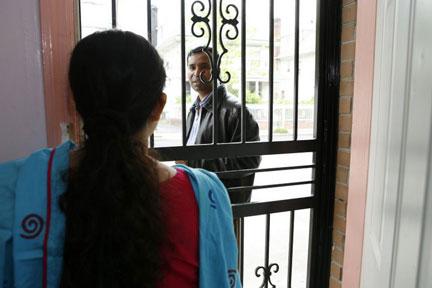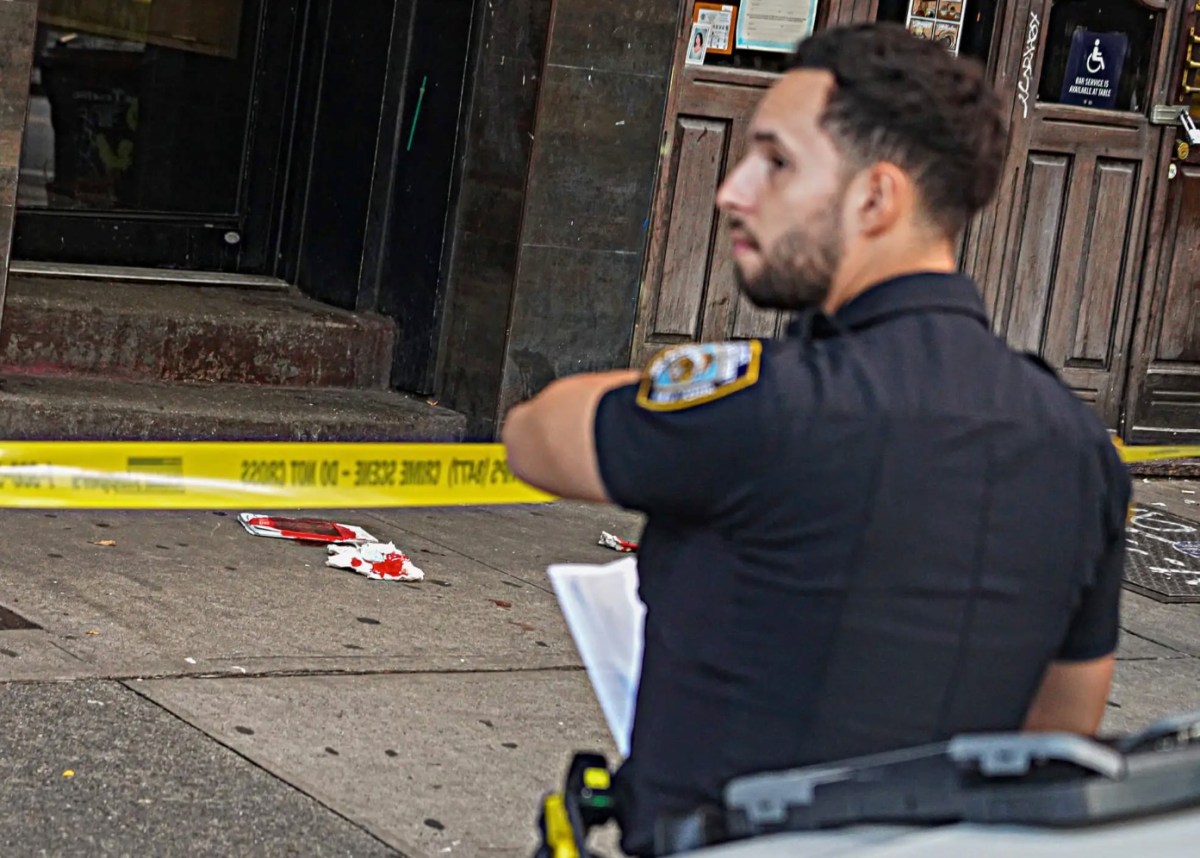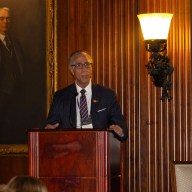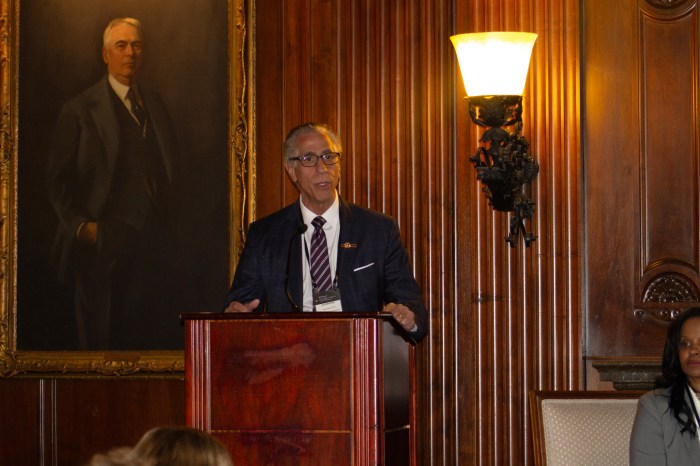In 2006, Muhammed Ali sat on his veranda and smiled. To his left, a row of bright townhouses. To his right, a handsome tree. Ali emigrated from Bangladesh in 1995. He became a real estate broker in 2004. He’s a diehard Democrat, and attended Barack Obama’s inauguration.
Ali is also the steward of an isolated Bengali community. He left Queens for the Bronx in 2000; since then Ali has settled 15-20 Bengali families between E. 190th and E. 192nd streets on Grand Avenue. It made perfect sense: a working class neighborhood, affordable townhouses and turn-of-the-century homes. Ali sat on his veranda and smiled. Then everything fell apart.
“My neighbors want out,” Ali said. “My wife and sister want out. We’re desperate. We’re afraid. We’re suffering.”
According to Ali, the Bengali families of Grand are subject to discrimination and violent crime. Even worse, they’re saddled with properties worth half what they paid in 2004 and 2005. Mohammad Karim owns a townhouse on 192nd. He bought it for $740,000; today it’s worth less than $500,000, he said. Masammad Parvin and her husband bought a townhouse on Grand Avenue for $600,000; it’s worth less than $450,000 now.
“We want to move back to Queens,” Parvin said. “It’s difficult to be Bengali in this neighborhood.”
The trouble began in 2007 when Ali took in a tenant. He and the young woman clashed. She hosted wild parties, Ali said. She fell behind on her rent. Ali asked her to leave. One day, Ali left to pray. A different young woman entered his home through a window and seized $3,000 plus jewelry, he said. According to Ali, she held a gun to his wife’s head.
The same woman followed his wife and son home from P.S. 340 and threatened to kill them, Ali said. “If you call the police, my gang will send you back to India,” the woman warned. She later robbed Parvin at knifepoint. Parvin’s tenant was burgled. Other townhouses and homes on Grand were, too.
A number of Bengali families had metal fences put up and police nabbed the young woman. But the crime wave continued. Magdalena Robles lives next to Ali and has for 30 years. Her 17-year old grandson was robbed on Grand recently.
“It used to be nice here,” Robles said. “It used to be beautiful. Two or three years ago, the neighborhood started to change.”
Joseph Castillo, another Grand resident, agreed. Three construction workers and a middle-aged woman were robbed on Grand, he said. Teens hit Karim with a brick last month. He won’t let his son play outside.
Police statistics tell a different story. In 2008, the 52nd Precinct reported just two robberies, one attempted burglary and one case of harassment on Grand between E. 190th and E. 192nd, no burglaries. According to Ali, most of the Bengali homeowners are cowed. They fear retribution. They speak heavily accented English. They keep quiet and are easy marks.
Wilson Hernandez, a 52nd Precinct community affairs officer, visited Ali’s home on Monday, April 27. Nearby Aqueduct Avenue is an established drug spot, Hernandez said. A staggering number of teens live there. Hernandez was surprised to hear from Ali. So was 52nd Precinct Captain Philip Rivera. Ali’s block belongs to Sector Charlie, allocated additional police officers until July 2008, Rivera said. Rivera promised to investigate. So did Community Board 7 district manager Fernando Tirado. Ali and his Bengali neighbors will attend the next 52nd Precinct Community Council meeting.
Ali wants to found a mosque in the neighborhood. Unlike Parvin and Karim, he wants to stay. But a group home is under construction on the corner of E. 190th and Grand, Tirado said. Warm weather has arrived; crime is sure to pick up. Property values stink. On April 27, Ali sat on his veranda and frowned. For better or worse, he and his neighbors are stuck.





















